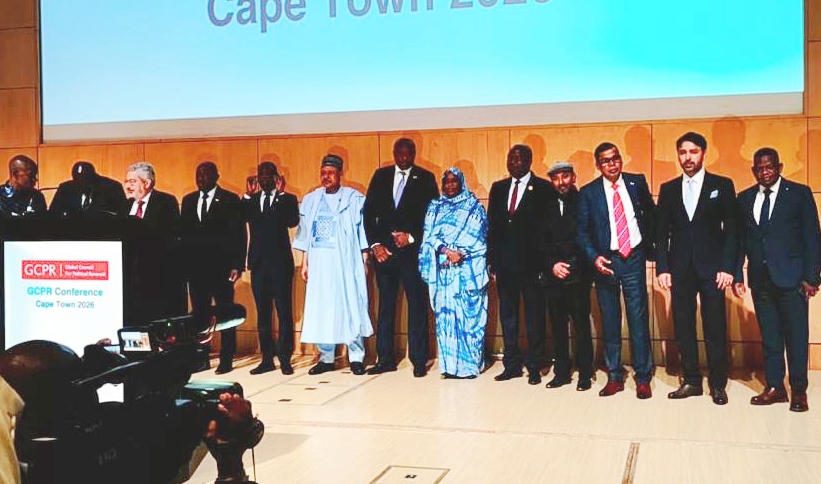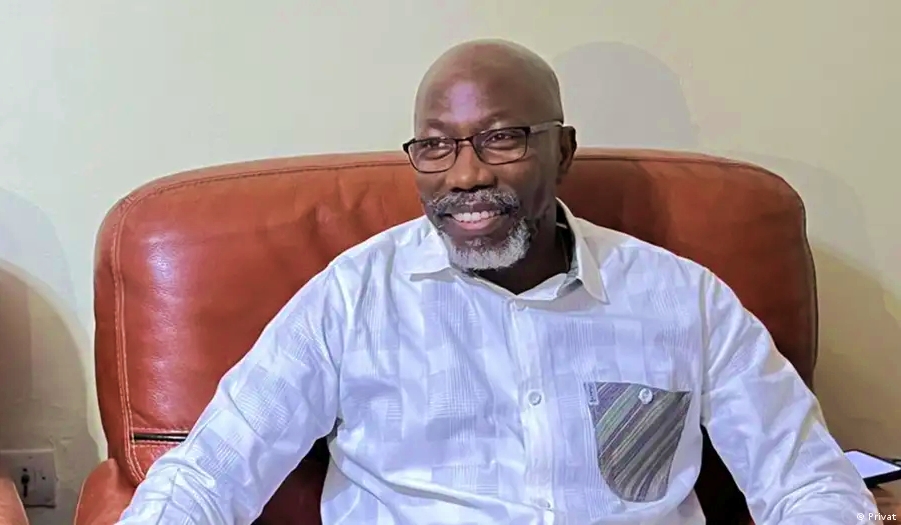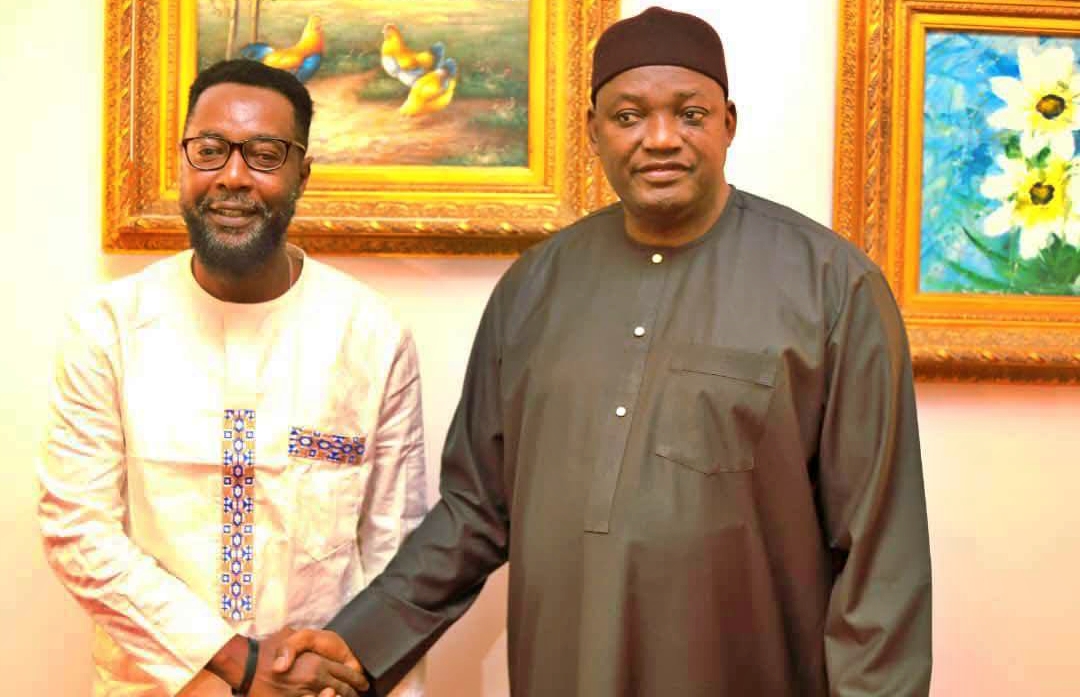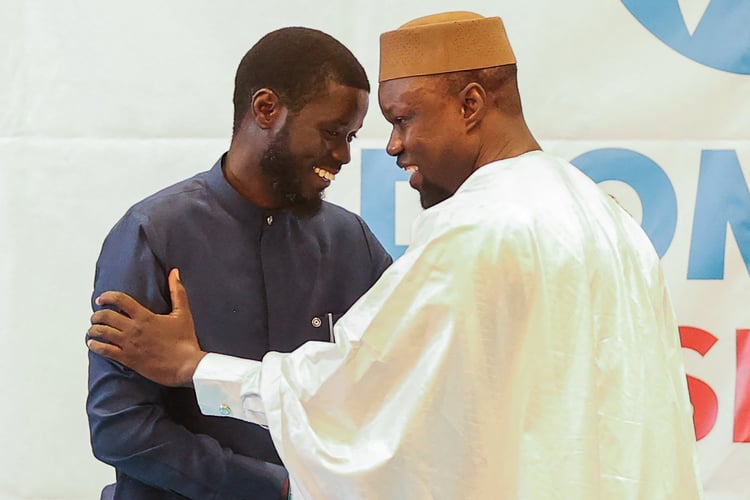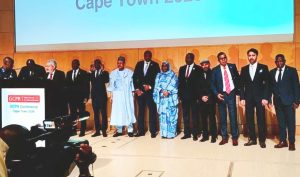Gambiaj.com – (DAKAR, Senegal) – The most anticipated general policy statement that was to be delivered before Senegal’s National Assembly will no longer take place. This development marks a significant halt in a key legislative process, obstructed first by a failure to update the provisions of the National Assembly’s internal standing orders.
Despite the adoption of a law aimed at correcting these procedural deficiencies, the exercise has faced repeated delays.
The policy statement was eventually scheduled to be included on the agenda for the third extraordinary session, convened by Speaker of the National Assembly.
However, in a political move that has added to the ongoing tension, President BassirouDiomayeFaye, upon the establishment of the session calendar by the Conference of Presidents of the National Assembly, chose September 13 as the date. His decision was not random; it aligned with the constitutional powers granted to him to dissolve the Assembly starting September 12. Exercising this prerogative, he dissolved the Assembly on Thursday.
This decision effectively blocked any possibility for the general policy statement to be presented, leaving Prime Minister Ousmane Sonko’s plans not to face the Opposition Majority in full gear.
Speaking on September 4, Sonko seemed unfazed by the unfolding events. “There will be no motion of censure. There are politicians completely overwhelmed by events, supported by their press. But I can assure you that there will be no motion of censure by September 12, and that on the 12th, these people will have other things to do than be deputies in the National Assembly,” Sonko asserted. His statement indicated confidence that the Assembly would be dissolved well before any opposition could mobilize.
This maneuver comes at a time of political upheaval in Senegal. The dismissal of key figures such as the presidents of the Economic, Social and Environmental Council (CESE) and the High Council of Local Authorities (HCCT), announced the same day, only further underscores the shifting dynamics within the Senegalese government. These dismissals were executed within hours of their announcement, demonstrating a swift consolidation of power by President BassirouDiomayeFaye.
Political observers are particularly noting the role of the Sonko-Diomaye duo, who, in the eyes of many, appear to have duped the opposition Majority in the face of this latest political maneuver.
The dissolution of the National Assembly effectively send packing the legislative opposition, giving a chance for Sonko and Diomaye to build up in the wake of the coming legislative elections. Although the maneuver raises questions about the future of Senegal’s political landscape, it gives the executive more room to govern temporarily without the fear a stubborn opposition majority.
The ramifications of these actions are expected to reverberate throughout Senegal’s political scene, as parties and leaders scramble to adapt to the sudden change.
The President’s decision to dissolve the Assembly is seen by some as a tactical move to suppress dissenting voices ahead of any legislative debates that could challenge his administration’s policies.
As the situation unfolds, Senegal finds itself at a crossroads, with its democracy being tested in the balance between executive power and legislative oversight.




